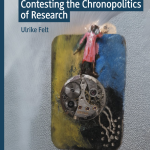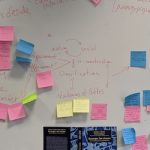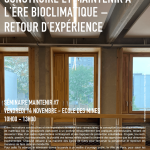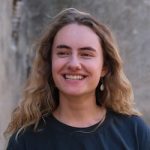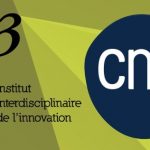
November 18, 2025. The Center for the Sociology of Innovation (i3, UMR CNRS 9217, Mines Paris-PSL) has the pleasure of inviting you to attend the HDR (Habilitation à Diriger des Recherches) in STS (Sciences, Technologies, Societies) defense of Bruno Turnheim (LISIS/INRAE, University of Manchester). Original dissertation title: Things falling apart: Handling destabilisation and its patterns.


